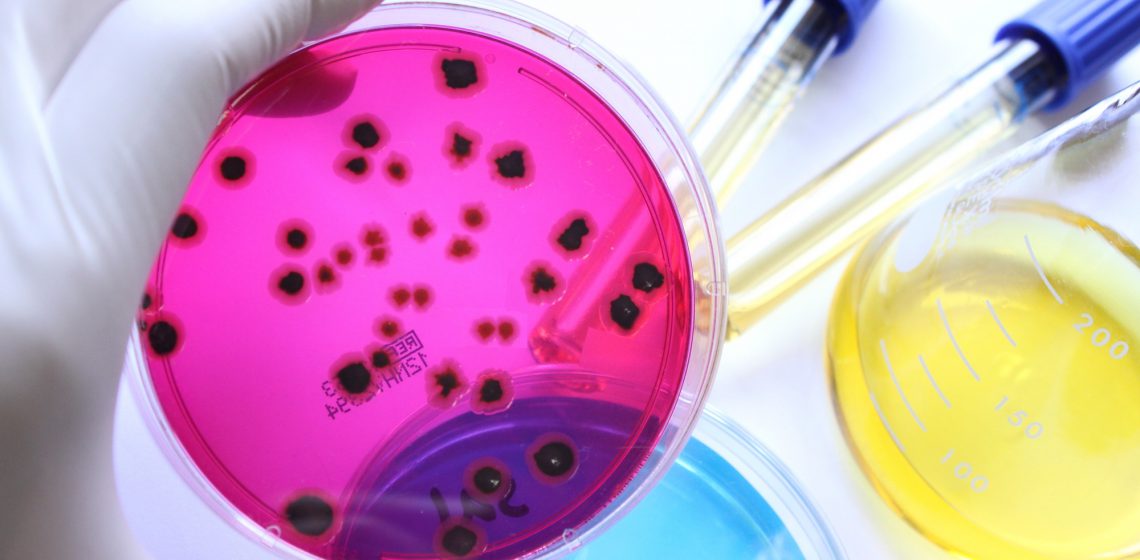Information for veterinarians
Cases of Salmonella in the dairy industry have been increasing over recent years. Whilst this increase has been moderate with both Salmonella Typhimurium and S. Brandenburg, it has been significant with S. Bovismorbificans, which has seen a dramatic and sustained increase in cases since 2015 with a concomitant increase in human and companion animal cases.
Additionally, we have the emerging serotype Salmonella Give. This serotype had previously only been reported once in 2005 in calves, however in 2019 cases started to be reported from the Waikato region, with cases continuing to increase through 2020 and 2021 (2019-2021 n=98). Cases of this serotype in companion animals are now also being reported.
This increased incidence of Salmonella cases is a cause for concern for multiple reasons; It impacts animal health and welfare with consequential impacts on production, it is a risk to human health, and it’s a risk to NZ’s “clean, green” image. Consequently its important for us to understand the risk factors that influence the occurrence of disease to enable effective disease control.
As a result, MPI has coordinated the establishment of a study group that are seeking to implement a case- control study to understand these risk factors. Gribbles Veterinary has agreed to play a critical role in the success of that study through helping with the recruitment of case farms.
So in the future, if a positive diagnosis of salmonellosis in cattle is made from samples you submitted to your local Gribbles Veterinary laboratory, you will receive some communication from us on behalf of this study. It will look like this. You can help out with the study, by sending the respective farmer a copy of the linked “farmer” document, as well as a link to the study web-page so they can complete a short survey.
Study webpage link: www.massey.ac.nz/salmonella


